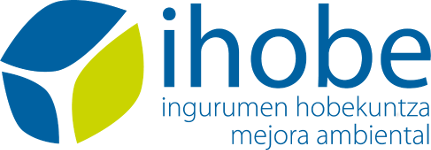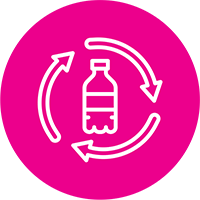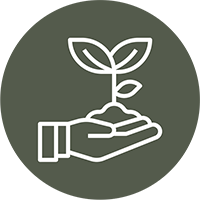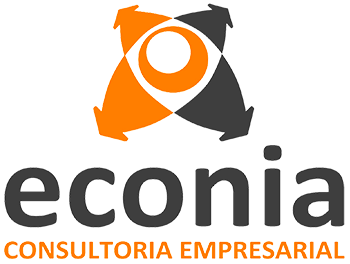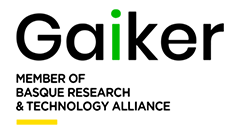ROLLING PLASTICS
RECYCLING OF PLASTIC PARTS FROM END-OF-LIFE VEHICLES
The main problem in the recycling of plastic fractions from end-of-life vehicles (ELVs) is the poor separation of the different plastics that make up these fractions. The ELV recycling sector has always focused on the recovery of the metal content of the vehicle, which is easily recovered in shredding processes, but this is not the case for other materials (plastics, textiles, rubber, wood, leather, etc.). Selective sorting at source, which currently only occurs to a very small extent (hardly any end-of-life tyres), is the best solution for the recovery of these materials.
ROLLING PLASTICS has been developed by ZICLA, a company devoted to innovation in circular economy products, supported by the GAIKER Technology Centre and the circular economy consultancy firm, ECONIA.

DRIVING FACTOR
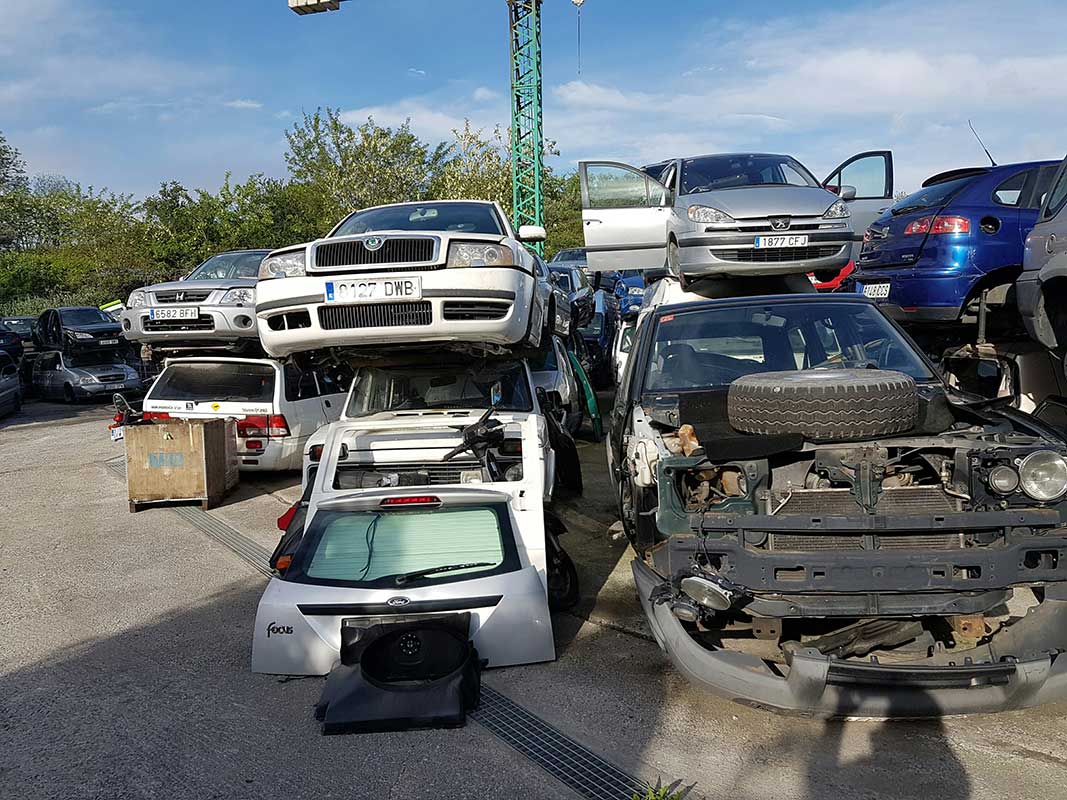
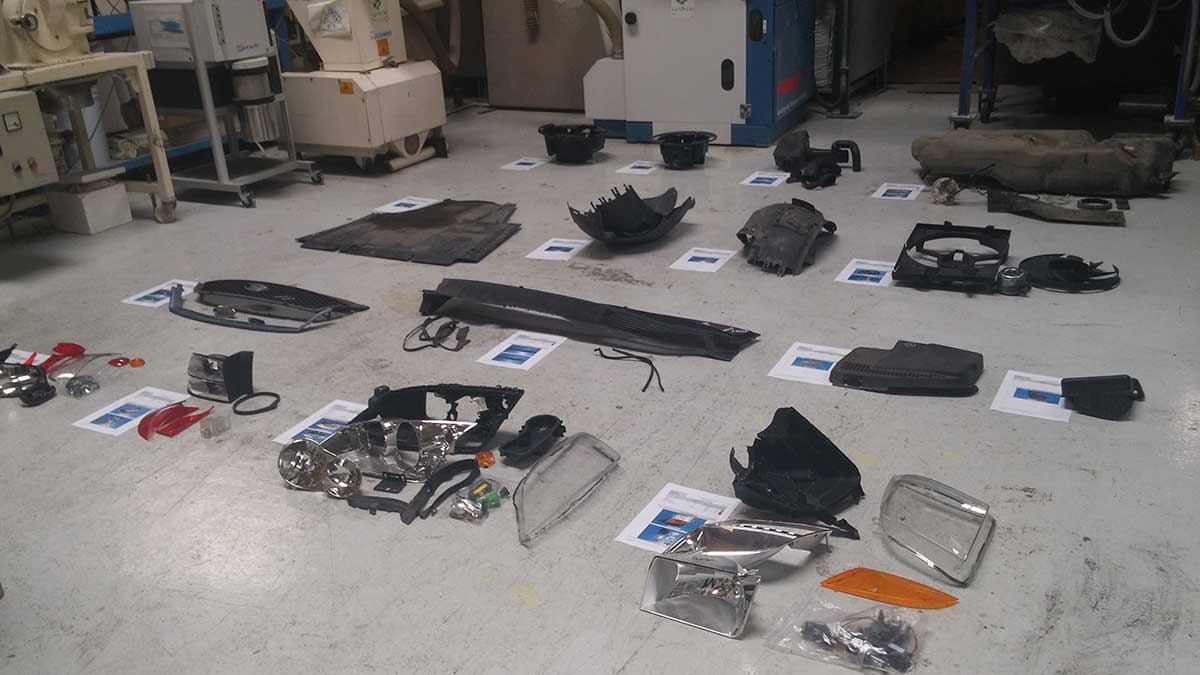
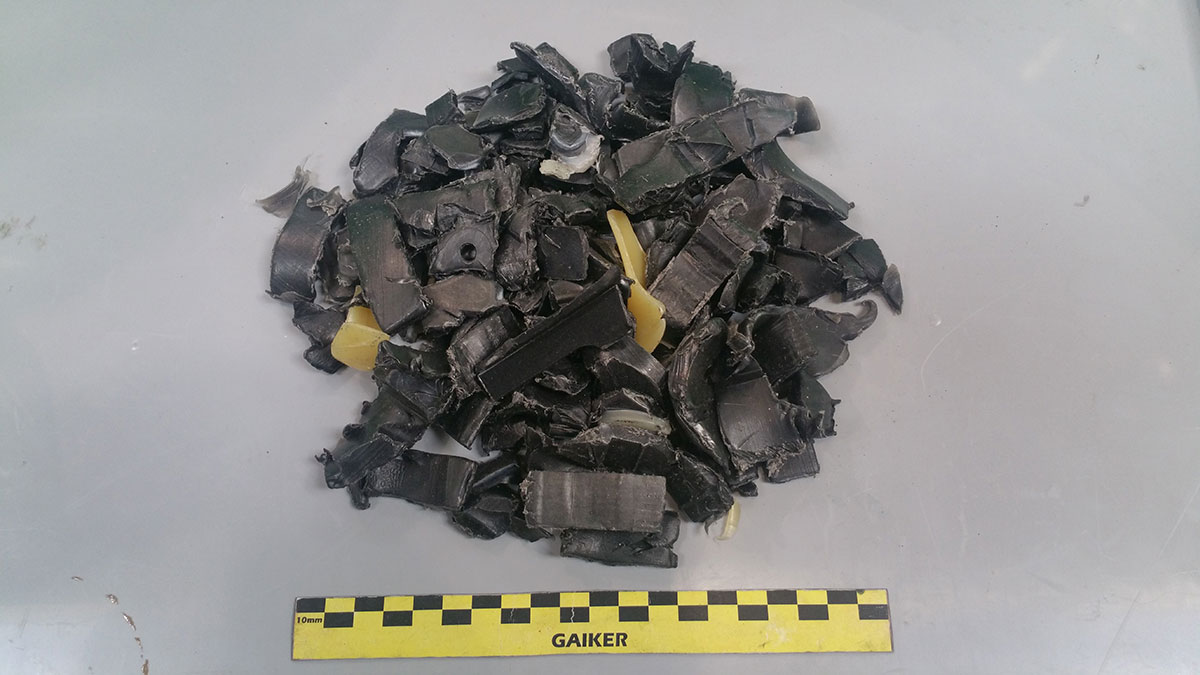
 OBJECTIVES
OBJECTIVES
- Demonstrate the possibility of reintroducing up to 1,600 tonnes/year of plastic materials from 70,000 potential ELV parts into the Basque plastic market by obtaining high quality pellets
- Obtain marketable pellets from at least three types of plastic parts in ELVs.
- Remove plastic materials from the scrap package arriving at the shredders, decreasing the volume of the light shredding fraction that is mostly landfilled at present and increasing the recycling weight of ELV by 2%.
- Increase the production and sales of plastics processors in the Basque Country.
- Increase the turnover of the authorised treatment centres (CATs) by selling a scrap package with a higher concentration of metal and plastic parts extractable from the ELV.
- Raise awareness of the ELV plastic fractions that are recoverable.
 RESULTS
RESULTS
- Production of marketable polypropylene (PP) pellets from extraction at the CATs and subsequent processing of front and rear bumper parts, wheel arches, torpedo rain guard, tool tray and spare wheel holder.
- Obtain marketable acrylonitrile butadiene styrene and acrylonitrile styrene acrylate (ABS/ASA) pellets from the front grilles of ELVs.
- The process yield for PP is 55%. Within the 45% of improper waste, 3.5% corresponds to usable scrap.
- Savings of up to 8 kg of CO2 equivalent per tonne of recycled PP.
- Definition of the working model for CATs, including available and appropriate technologies for separation and triage, tearing and washing, in order to offer suitable material to plastic recyclers.
- Determination of the work protocol and times for the extraction of parts in the CAT.
 CONCLUSIONS
CONCLUSIONS
- Existing CATs and plastic recyclers in the Basque Country are not prepared to implement the work protocols required to carry out the process.
- The process is not economically viable due to the 45% improper content and the fact that the existing scrap package is sold at a price that does not take into account whether it has more or less plastic content.
- An extension of the project at a CAT in Catalonia proved to be economically viable due to the larger size of the CAT, which was able to handle larger quantities of plastic.
- The project demonstrated the need to concentrate the CAT sector in the Basque Country and the need for a pre-treatment plant for plastic waste.
ENVIRONMENTAL
TECHNICAL
ECONOMIC
COMMERCIAL
ON THE MARKET
